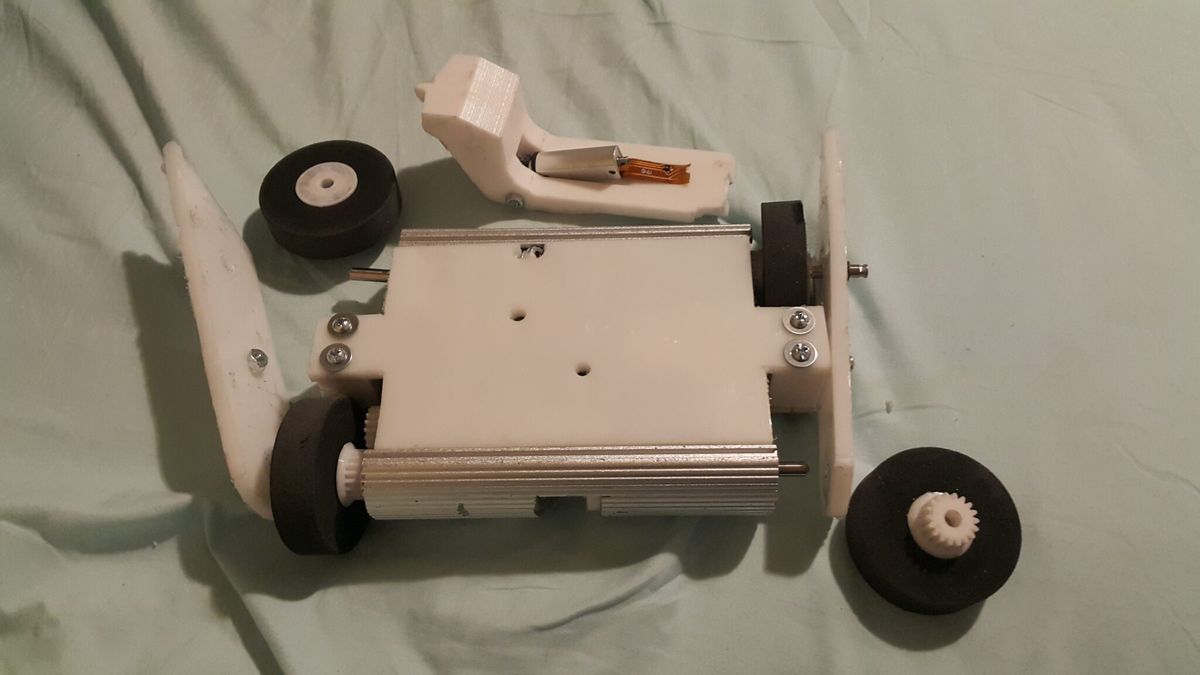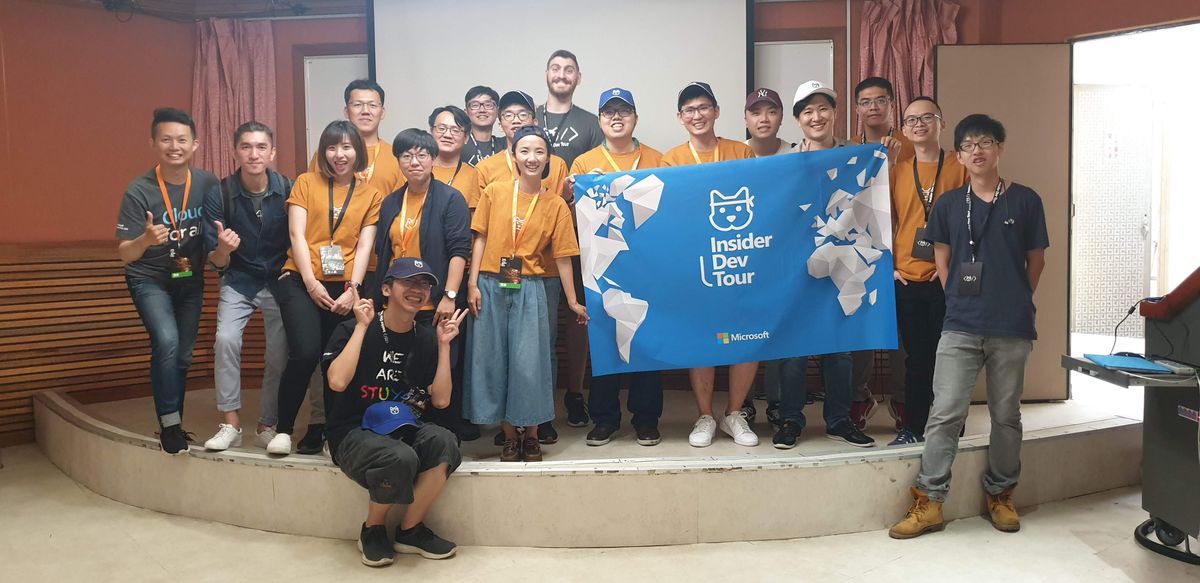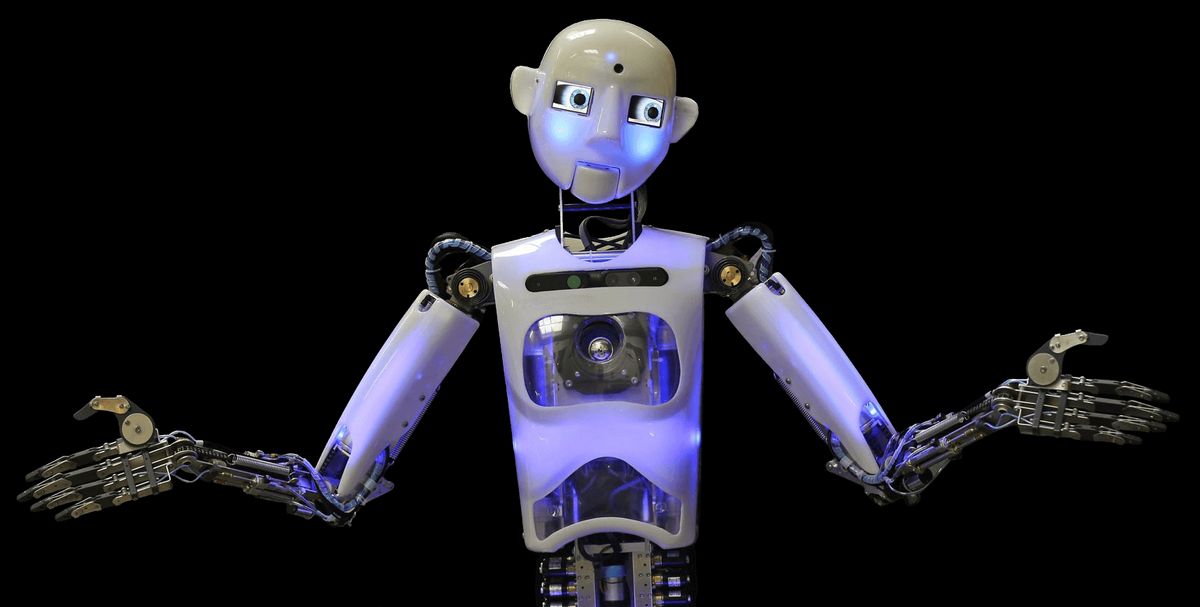

The article 'Transformative Talk: Conversational AI Use Cases Revolutionizing Industries' delves into the myriad ways conversational AI is reshaping various sectors. From enhancing customer service to optimizing sales processes, and from innovating healthcare to predicting future trends, the article explores the transformative impact of AI-powered conversations across the business landscape. It highlights the role of platforms like Galadon in enabling businesses to quickly deploy AI solutions without the need for coding, thus democratizing access to this cutting-edge technology.

I've learned that AI chatbots are a big deal for customer service. They're like helpful robots that can talk to customers any time of the day, even when everyone else is asleep! They can handle lots of questions all at once, which is super cool because it means people don't have to wait in long phone queues anymore.
Here's what they can do:
By using chatbots, companies can make sure every customer feels heard and helped, fast! That's a win for everyone.
And guess what? These chatbots get smarter by listening to what people need and like. This helps businesses understand their customers better. Plus, they can talk to people on websites, apps, and even through voice helpers like Alexa. When more people start chatting, the chatbots can keep up without breaking a sweat.
I've seen how shopping online is changing because of AI chatbots. They're like smart helpers that know what you like. Chatbots make shopping feel special for each person. They remember your choices and suggest things you might like. It's like having a friend who knows your style helping you shop.
Here's a simple list of what chatbots do for shoppers like us:
Chatbots are always there to help, even late at night when stores are closed. They make sure you can shop without any trouble.
And the best part? They learn more about what you like every time you visit. So, the more you shop, the better they get at helping you.
I've seen how AI chatbots change the game in finance and banking. They're like tireless helpers, always ready to answer questions and handle tasks. They can work all day and night, every day of the year. This means customers get help whenever they need it, without waiting for a bank to open.
Here's what AI chatbots can do for us:
By using chatbots, banks save money and make sure every customer gets quick and accurate help. It's a win-win for everyone.
And the best part? These chatbots get smarter over time. They learn from the questions we ask and get better at helping us. It's like having a smart assistant that grows with you.

I've seen firsthand how AI-powered sales reps can change the game. They're like supercharged team members, always ready to engage with customers and never needing a break. They can outperform human reps, especially when it comes to speed and consistency.
Here's why they're so effective:
With AI, every customer feels like they're getting the VIP treatment, which is a big win for any business.
And it's not just about handling customer chats. These AI reps can also gather data to help us understand our customers better. This means we can tailor our services to what our customers really want.
So, if you're looking to give your sales team a competitive edge, consider bringing AI into the mix. It's a smart move that can lead to happier customers and more sales.
I've found a great way to make my sales process faster and smarter. Chatbots and conversational AI help me talk to more potential customers without getting tired. They can figure out who is really interested in what I'm selling and who's not ready yet. This means I spend my time with people who are more likely to buy.
Here's how I do it:
With this system, I don't waste time on people who aren't interested. Instead, I focus on those who are ready to talk about buying.
I also use a tool called Galadon. It's easy because I don't need to know how to code. I just pick what I want my chatbot to do, like booking meetings or selling things, and Galadon does the rest. It's like having a helper who never sleeps!
I've seen firsthand how AI chatbots can be a game-changer for businesses. They're not just for answering questions; they can actually help make more sales. Chatbots can suggest products or services to customers that they might like, which can lead to bigger sales. This is called upselling, and it's a smart way to increase revenue without a lot of extra work.
By using AI, businesses can offer upsells in a way that feels natural and helpful, not pushy. It's like having a friendly salesperson who knows exactly what the customer might need next.
Here's how AI chatbots can boost upselling:
And it's not just about making more sales. Chatbots can also help keep customers happy by offering them things they really want. Happy customers come back, and that's good for business in the long run.

I've learned that talking to a virtual health advisor can be just as good as seeing a doctor in person. These AI helpers are smart and always getting smarter. They can chat with us about our health anytime, anywhere. They're great for when we can't get to the doctor or need quick advice.
Here's why they're so helpful:
These virtual advisors are part of a big change in healthcare. They connect the care we get from doctors with the help we can get at home or on our phones.
It's important to remember that these AI advisors are tools to help us. They don't replace doctors but work with them to give us the best care. We can use them to stay healthy and get help when we need it.
I've found that using AI to manage appointments and follow-ups is a game-changer. AI can read emails and set up meetings without me lifting a finger. It's like having a super-smart assistant who never gets tired. Here's how it works for me:
AI doesn't just stop at scheduling. It keeps track of my appointments and nudges me with follow-ups. This means I can focus on the important stuff, knowing that AI has got my back.
And days after the appointment, AI can streamline follow-ups by analyzing customer feedback. It creates personalized care instructions and more, making sure nothing slips through the cracks.
I've seen firsthand how conversational AI can make a big difference in healthcare. Virtual assistants help patients learn more about their health and stay on track with treatments. They use pictures and talk to explain things, which makes it easier to remember important info. Plus, they can answer questions and give feedback right away, which is super helpful.
Patients have told me that they feel more involved and interested in their health because of these chatbots. They can even learn at home, which is great if they missed something at the doctor's office. The best part? It's fun! When learning is enjoyable, patients do better and feel more positive about their care.
Here's what I found out:
By using AI, we're not just giving information; we're creating a whole new way to connect with patients and make sure they're really getting what they need to stay healthy.

We're seeing AI chatbots get smarter and more like us every day. They're learning to understand not just what we say, but how we feel. This means they can be better helpers, because they get us. Imagine a chatbot that knows when you're upset and talks to you in a kinder way. That's where we're headed.
We're not trying to make chatbots just like people. The goal is to make them useful for what we need. But they'll be able to explain their thoughts and have real conversations, not just answer questions.
The future is exciting! Chatbots will know us better and help us more. They'll be a big part of our lives, helping us with all sorts of things.
I've seen how talking to people in their own language makes a big difference. Conversational AI is now learning to do the same. It's not just about speaking multiple languages. It's about understanding cultures and slang, too. This means businesses can chat with customers from all over the world, without language barriers.
Here's why this is a game changer:
With AI that speaks many languages, we can reach more people and understand them better.
Imagine you run a shop online. A customer from Japan can ask questions in Japanese, and your AI chatbot will answer right back in Japanese. This is how we make shopping easy for everyone, no matter where they are or what language they speak.
Chatbots are getting smarter. They're learning to understand our feelings. This is a big deal because it means they can be more helpful and kind. Understanding human emotions empowers chatbots with a broad spectrum of capabilities. This comprehension enables them to deliver personalized and empathetic interactions. Imagine a chatbot that can tell when you're upset and tries to cheer you up. That's where we're headed.
Here's what's happening with chatbots and feelings:
But chatbots aren't perfect. They don't get everything right. They can't feel emotions like we do. Their job is to be useful, not to be just like us. We're teaching them to be good at certain things, like helping us shop or giving us information.
We're working to make chatbots understand us better. They're learning to read between the lines and get what we mean, not just what we say. This is going to make them even more useful in the future.

I've discovered something amazing that's changing the game for entrepreneurs like me. No-code AI platforms are a game-changer. They come with templates and plugins that make it easy to try out different AI features. I don't need to be a tech wizard to create a chatbot that can chat like a human, answer questions, or even sell products.
Here's how simple it is to get started:
With no-code AI, I can focus on growing my business instead of getting stuck in technical details. It's like having a team of AI experts on call, without the cost.
And the best part? I can do all of this without writing a single line of code. This means I can launch new ideas quickly and stay ahead of the competition. It's not just about saving time and money; it's about bringing my unique vision to life with the help of AI.
With no-code platforms, we can launch AI chatbots super fast. This means businesses in all kinds of industries can start using AI without waiting a long time. It's like giving superpowers to companies big and small, all over the world.
Here's how quick it can be:
No more waiting for developers or big budgets. With no-code AI, you can get your chatbot up and running in no time. It's easy and doesn't cost a lot. This means even small businesses can play in the big leagues.
When I build a chatbot, I make sure it feels like part of my team. It's not just about answering questions; it's about matching my brand's voice and style. I start by picking colors and fonts that fit my brand. Then, I work on the chatbot's language to make sure it sounds like us. It's like giving the chatbot a personality that customers can recognize.
Here's how I do it step by step:
It's important to remember that the chatbot is part of the customer experience. It should be helpful and make customers feel at home with my brand.
I also keep an eye on how my chatbot talks to people. If it's not quite right, I tweak it until it is. This way, my chatbot helps my business stand out and keeps customers coming back.
The exploration of conversational AI's transformative impact across industries reveals a future where human-like interactions, efficiency, and personalization are at the forefront of customer engagement. From revolutionizing customer service to enhancing e-commerce experiences, conversational AI is not just a technological advancement but a strategic business ally. The use cases discussed demonstrate its potential to outperform traditional methods, offering 24/7 availability, cost reduction, and data-driven insights that foster customer satisfaction and loyalty. As we witness the evolution of these intelligent systems, businesses that harness the power of conversational AI, like Galadon, stand to gain a competitive edge in an increasingly digital world. The journey of conversational AI, from its rudimentary beginnings to its current state of sophistication, underscores an undeniable trend: the integration of AI in our daily interactions is not just inevitable, it's already here, reshaping industries and redefining the boundaries of what's possible.
Conversational AI offers numerous advantages including enhanced customer experiences, increased operational efficiency, cost reduction, 24/7 service availability, access to data-driven insights, improved scalability, and the promotion of customer satisfaction and loyalty.
Certainly! In customer service, AI chatbots handle inquiries and support tasks. In healthcare, virtual assistants offer personalized care and manage appointments. E-commerce benefits from AI-driven personalized shopping experiences, while finance sees automated banking support.
Galadon stands out for its sales-oriented design, trained with multimillion-dollar sales insights, offering instant, high-quality interactions that outperform outsourced reps and other AI chatbots, providing a competitive edge with proven sales performance.
Galadon offers tailored customization settings with easy-to-use sliders and a drag-and-drop interface, allowing you to match your chatbot's fonts and colors with your brand identity, ensuring seamless integration into your existing website or application.
Yes, modern chatbots powered by advances in machine learning and natural language processing can understand natural dialogue, respond contextually, and provide personalized interactions, making conversations with users more meaningful and human-like.
The future of Conversational AI is expected to bring more human-like interactions, enhanced emotional intelligence, improved multilingual support, and greater contextual understanding, further blurring the lines between human and machine communication.